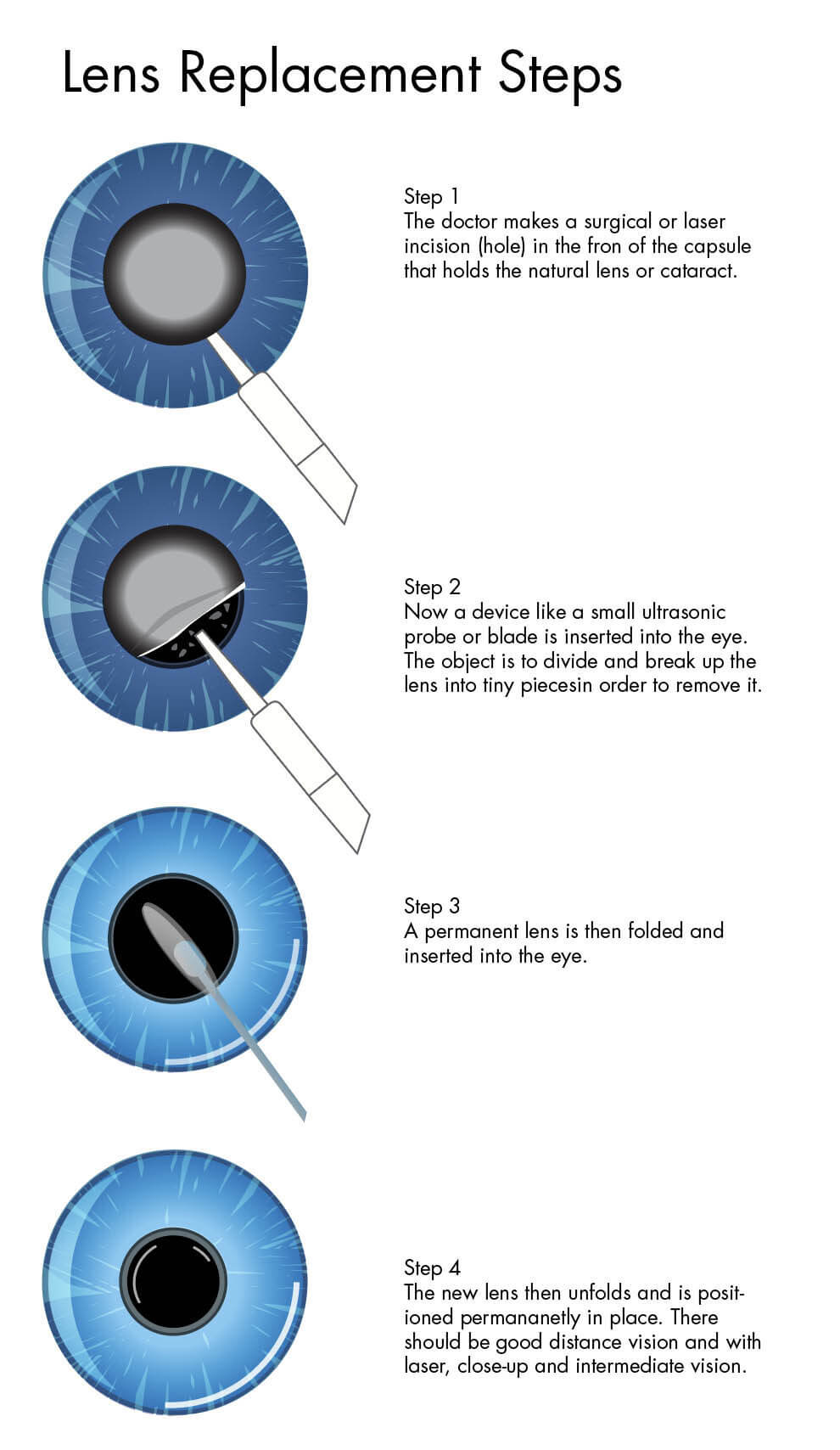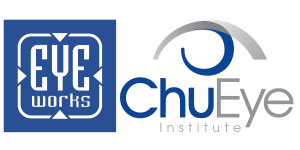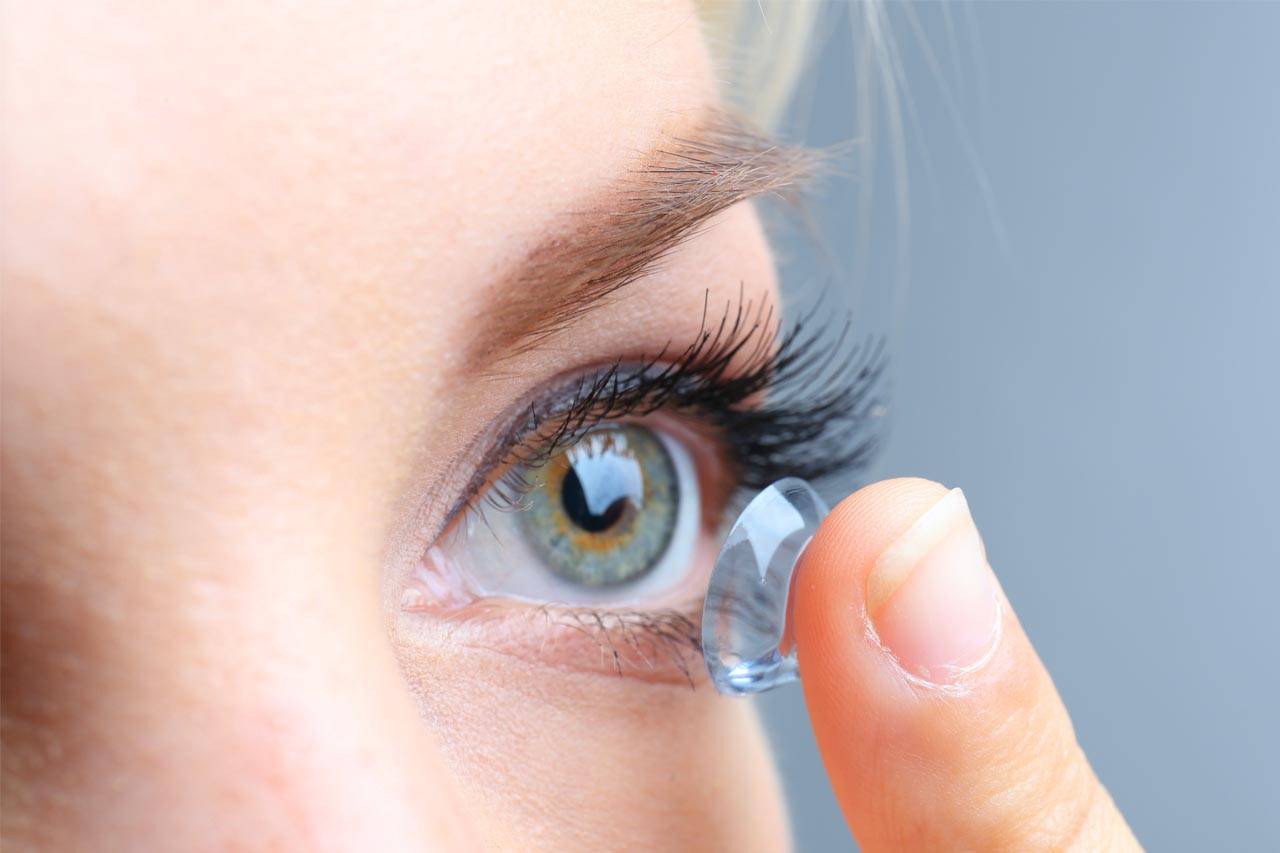
What Are the Benefits of Cataract Surgery?
What Is a Cataract?
A cataract occurs when the clear lens inside our eye becomes cloudy. Cataracts develop slowly and reduce the amount of light that can get through the lens, making it difficult to see. Those with the condition feel as though they’re perpetually looking through a dirty window that cannot be cleaned.
It is impossible to predict how quickly a cataract may develop, but diabetes and the eyes’ exposure to ultraviolet light often accelerate the process. Smoking and poor nutrition are additional risk factors.
What Are the Symptoms of Cataracts?
It takes time for a cataract to form, and the symptoms can be subtle.
The most common symptoms include:
- Blurred or double vision
- Trouble seeing at night or in dim lighting
- Sensitivity to glare
- Colored halos around lights
- Colors appear less vibrant
- Needing brighter light for reading and other indoor activities
 When Should You Consider Getting Cataract Surgery
When Should You Consider Getting Cataract Surgery
During its initial stage, wearing stronger glasses, using a magnifying glass and turning on more lights may suffice. However, over time, you may begin to experience increased difficulty while driving, especially at night. You may also have trouble reading or working on a computer, or struggle to perform daily tasks. It’s critical that you reach out to your eye doctor at the first sign of change in your vision.
What to Expect With Cataract Surgery
If the cataract is at an advanced stage, your eye doctor will likely recommend surgery. Cataract surgery consists of removing the cloudy lens and replacing it with a new intraocular lens (IOL). Intraocular lenses are made of clear plastic and are available in several varieties that provide near or distance vision, or even both, depending on the patient’s preference.
Types of Intraocular lenses
- Fixed focus monofocal lenses provide distance or near vision. People who are farsighted and haven’t had the near vision lens inserted will still need reading glasses after surgery.
- Accommodating focus monofocal lenses provide distance vision only. However, this IOL works in conjunction with the eye muscles to allow for a smooth transition between distance and close-up work, sometimes making glasses unnecessary.
- Multifocal lenses provide a smooth transition between distance, intermediate, and near vision— sometimes eliminating the need for glasses.
- Astigmatic (toric) correction lenses are used for high degrees of astigmatism.
There is also an IOL that can block out harmful ultraviolet and blue light rays to protect your retinal health.
Several days before your surgery, your eye doctor will measure the size and shape of your eye and will discuss your lifestyle and daily activities to better determine the most appropriate IOL for your needs.
What Is the Difference Between Traditional Surgery and Laser Surgery?
There is some discussion about whether to undergo the most common cataract surgery method, phacoemulsification (“phaco”) cataract surgery with foldable intraocular lens (IOL) implantation, or the newer laser-assisted surgery, called LACS or laser cataract surgery.
Each have its advantages and disadvantages:
Phaco surgery is a seamless process that involves hand-held instruments that make very small incisions that remove and replace the cataract with a new lens. No stitches are required at any point in the process.
Laser cataract surgery uses a computer-controlled high-speed laser for faster and more precise incisions, and sometimes a higher degree of vision correction. However, it is more expensive than standard surgery.
There seems to be little difference with regards to which method provides better results. Discuss with Dr. Richard Chu which type of surgery is the best option for your specific needs.
What to Expect on the Day of Cataract Surgery
Cataract surgery is performed as an outpatient procedure, so you do not have to stay in the hospital overnight. The procedure generally takes less than an hour and is relatively painless. You will remain awake throughout the procedure, but may be given a sedative to help you feel relaxed. After you are administered a local anesthetic, your eye doctor will remove the cloudy lens and carefully insert the IOL in the correct position.
What to Expect After Cataract Surgery
Following the surgery, Dr. Richard Chu will prescribe antibiotic drops to prevent infection. While most people experience some soreness or itching postoperatively, try not to rub or put pressure on your eye. Some eye doctors even recommend wearing a patch for a few days to protect your eye while it heals. To further help you heal, certain movements and activities that involve bending and lifting will be temporarily restricted.
You will most likely notice improved vision within a day or two, along with increased vibrancy and sharpness of color. Total healing usually requires 6 to 8 weeks.
What Can You Expect Going Forward?
The vast majority of people who undergo cataract surgery are satisfied with the outcome. Not only are they thrilled to have sharper and clearer vision, but are also pleased with the overall improvement in their lifestyle. Only once their “new” vision sets in do they notice the series of adjustments they previously made to accommodate their deteriorating vision. After surgery, you will find that you can resume activities that you previously enjoyed and regain your quality of life. Driving, reading, playing cards, and watching television will no longer be a chore.
With improved vision following cataract surgery, seniors display a much lower risk of falls, thus reducing the incidence of hip fractures and similar injuries. In addition, mortality rates are shown to be lower in seniors who undergo cataract surgery.
If you are considering cataract surgery, Dr. Richard Chu and the warm, friendly staff at EYEWORKS Ophthalmology Center are happy to address all questions and concerns you may have. Please feel free to be in touch and schedule your appointment today.
EYEWORKS Ophthalmology Center serves patients from Ft. Worth, Southlake, River Oaks, Benbrook, all throughout Texas.



